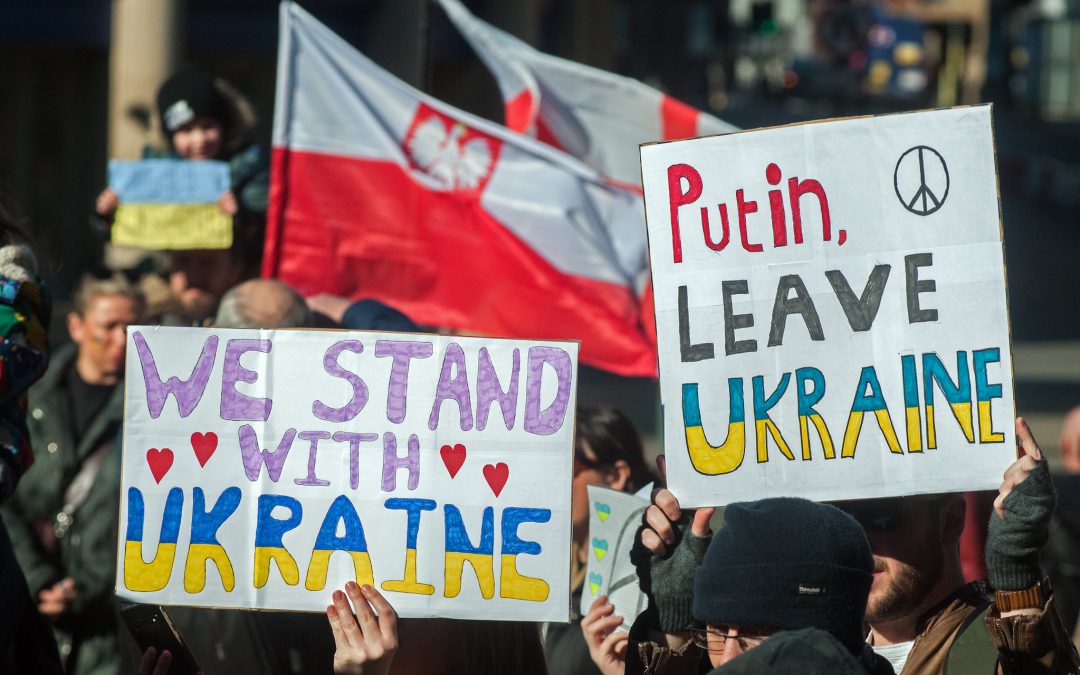The foreign affairs committees of the German Bundestag and Polish Sejm have, in a joint statement published on Monday, called for tougher sanctions on Russia and for Europe to ensure its independence from Russian energy.
“We advocate a tightening of sanctions against Russia,” reads the statement, signed by the heads of the committees, Michael Roth and Marek Kuchciński, as well as members representing both governing and opposition parties in both countries.
“Russia is in flagrant breach of international law and is striving to permanently destroy the peaceful European order,” they continue. “This war threatens the security of the whole of Europe.”
📍Wspólne oświadczenie Komisji Spraw Zagranicznych Sejmu🇵🇱 i Bundestagu🇩🇪 nt. Ukrainy🇺🇦
✍️➡️https://t.co/nwtuuRClmu@MarekKuchcinski @MiRo_SPD @PCzarnecki83 @arekmularczyk @_mkonieczny @pawelkowalpl @TErndl @NilsSchmid @JTrittin @ulrichlechte @juergenhardt pic.twitter.com/ff0AWXirmU
— Sejm RP🇵🇱 (@KancelariaSejmu) July 25, 2022
The statement also outlines that Russia’s military has “exposed Ukrainian civilians to immeasurable suffering”, including through the “deliberate killing of civilian populations, rape and use of weapons prohibited under international law”.
“Russia cannot and will not win this war” and “Europe must make serious strategic, political and military efforts to ensure its freedom and resilience”, including by “continuing to fully isolate Russia economically”.
“In this context, we recognise the fastest possible independence from Russian energy suppliers as the highest priority,” wrote the committee members.
They also pointed to the threats to global food security caused by Russia’s war in Ukraine, pledging that “Poland and Germany will help prevent a food crisis and are determined to provide the widest possible support to Ukraine in this regard”.
Due to Russia’s blockade of ports, some Ukrainian grain has been transported by rail through Poland. In June, the Polish agriculture minister declared that Poland would be able to transport 1.5 million tonnes of grain per month from Ukraine, but this was less than the 4-5 million tonnes expected by the Ukrainians.
Last week, the minister, Henryk Kowalczyk, revealed he had reached out to the European Commission asking for help in the transport of larger amounts of Ukrainian grain, reported broadcaster TVN24.
The Polish and German governments have often been at odds with one another in their responses to Russia’s war in Ukraine. Poland has been one of Ukraine’s strongest backers, providing Kyiv with more military equipment than any country other than the United States.
Meanwhile, Polish leaders have accused Germany of failing to show similar solidarity with Ukraine and also of reneging on a promise to provide Poland with tanks to replace those it donated to Ukraine (an accusation Berlin denies).
Last month, the outgoing German ambassador to Warsaw accused the Polish government of using Germany as a “scapegoat” and said that he is “unable to understand the logic” of the Polish ruling party.
Main image credit: Tim Dennell/Flickr (under CC BY-NC 2.0)

Alicja Ptak is deputy editor-in-chief of Notes from Poland and a multimedia journalist. She has written for Clean Energy Wire and The Times, and she hosts her own podcast, The Warsaw Wire, on Poland’s economy and energy sector. She previously worked for Reuters.




















